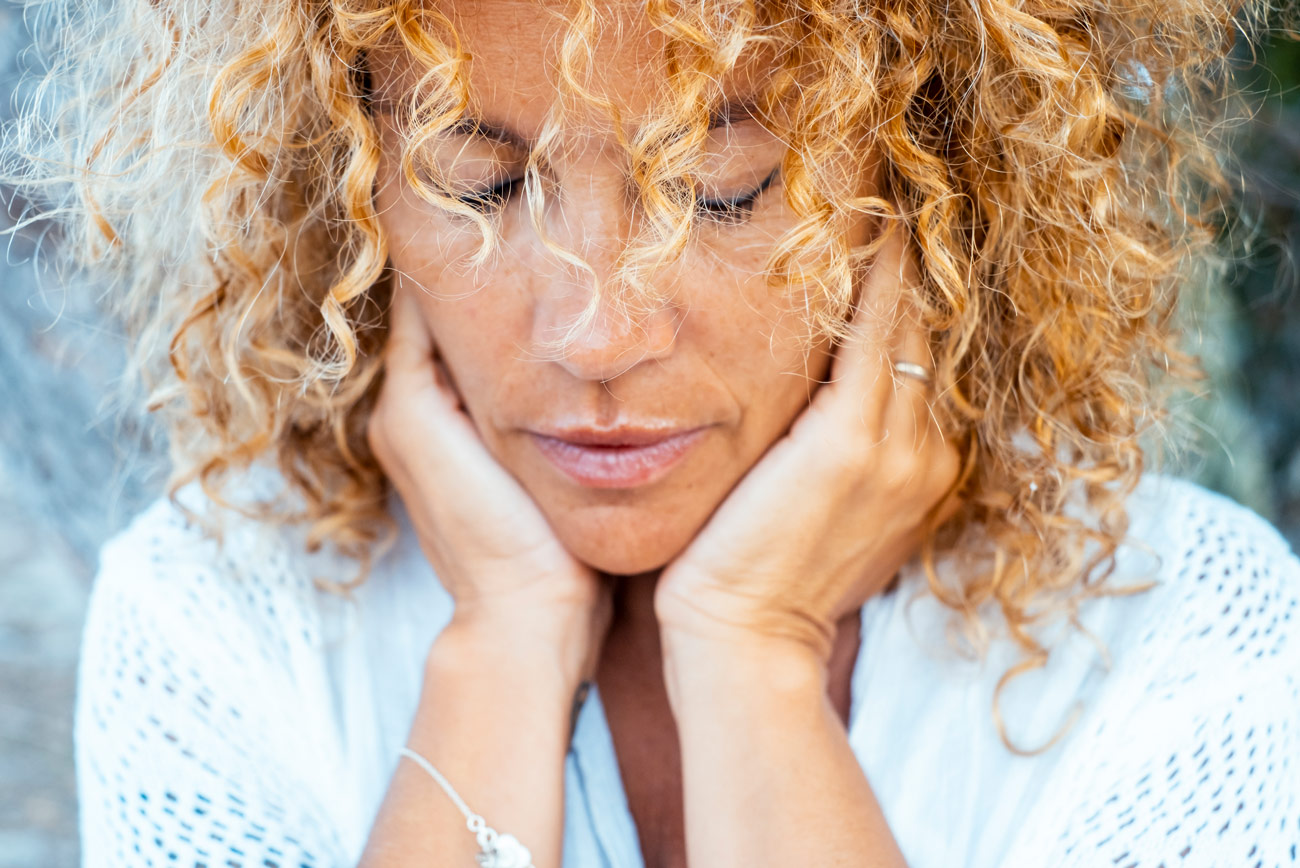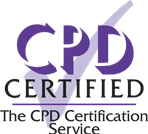
Can Depression Be Treated Without Antidepressants?
Antidepressants remain one of the most common treatments for depression in the UK, and their use is still rising. According to recently published NHS data, an estimated 89 million antidepressant drug items were prescribed in 2023/24, up 3.3% from the previous year. The number of patients receiving them also increased to 8.7 million – a 2.1% rise. But medication isn’t the only option for managing depression. And for some patients, it may not even be the most effective route.
There are a range of alternatives to antidepressants, from lifestyle changes used alongside talking therapies, to newer, evidence-based medical treatments. One example is repetitive Transcranial Magnetic Stimulation (rTMS), which is a medication-free, non-invasive treatment that uses targeted magnetic pulses to stimulate areas of the brain responsible for mood regulation.
In addition, it’s worth noting that more than half of people diagnosed with depression in the UK may actually have undiagnosed subthreshold bipolar disorder. As Dr Manan Thakrar, Consultant Psychiatrist at The London Psychiatry Centre, explains, “In these cases, antidepressants alone often don’t work, leading to a label of ‘treatment-resistant depression’ when the real issue is a different diagnosis altogether. Understanding this distinction is crucial in choosing the most appropriate treatment.”
Obtaining the correct diagnosis, and receiving the right treatment for your condition, can be life-changing. If you don’t want to take antidepressants, continue reading to discover alternative treatments for depression.
Depression treatment without antidepressants – what are my options?
Antidepressants may be one of the most common treatments for depression – but they aren’t the only option. There are many therapies you can try, whether you haven’t been prescribed antidepressants yet, or you have been taking them and they haven’t been successful in treating your depression.
Talking therapies
Talking therapies can help people explore their thoughts, feelings and behaviours, and develop practical coping strategies. Here are some common types of talking therapy:
- Cognitive behavioural therapy (CBT) focuses on identifying and changing unhelpful thoughts and behaviours. It is structured, goal-oriented and usually delivered over a short period, typically between six and twenty sessions. Techniques may include keeping thought records, carrying out behavioural experiments, problem-solving and gradually exposing yourself to feared situations.
- Interpersonal therapy (IPT) centres on the connection between mood and relationship. It explores how interpersonal issues such as grief, role transitions, or disputes can contribute to depression. IPT uses techniques like communication skills training, role-play and identifying relationship patterns. It can be particularly helpful for depression linked to life changes, bereavement or conflict, and is often recommended for postnatal depression.
- Behavioural activation (BA) aims to increase engagement in meaningful and rewarding activities as a way to improve mood. While often used as part of CBT, it can also be a stand-alone therapy. BA places emphasis on taking action rather than analysing thoughts, using methods like activity scheduling, graded task assignment, and breaking the cycle of withdrawal and inactivity. It is especially effective for depression when a lack of motivation and reduced activity are dominant symptoms.
- Mindfulness-based cognitive therapy (MCBT) is designed to prevent depression relapse by changing how people relate to their thoughts. It combines mindfulness practices with elements of CBT, encouraging awareness and acceptance rather than challenging thoughts directly. Sessions may include meditation, breathing exercises, body scans and mindful movement. MBCT is particularly effective for people with recurrent depression, and it can also support stress reduction and anxiety management.
- Counselling provides a safe, supportive space to talk through feelings and challenges. It is generally less structured than CBT or IPT. Counselling focuses on exploration and understanding rather than following a set of specific techniques.
Talking therapies are often offered through public healthcare services (though waiting lists can be long), and private therapy is also an option.
Repetitive transcranial magnetic stimulation (rTMS)
rTMS is an effective, non-invasive and drug-free treatment for depression that works by stimulating areas of the brain responsible for mood regulation. The human brain functions through the transmission of electrical signals between nerve cells, and rTMS works with these natural processes by increasing the number and frequency of such transmissions.
Treatment involves placing a magnetic coil, encased in plastic, close to the scalp. This coil delivers pulsed magnetic fields, which can safely pass through the scalp and skull without pain, creating small currents in targeted areas of the brain. By focusing the stimulation on specific brain regions, rTMS can selectively alter activity in ways that improve mood and support recovery. Because the stimulation is given at regular intervals, the process is referred to as ‘repetitive’ TMS.
rTMS is typically delivered over a series of sessions, and research has shown it can be especially beneficial for people whose depression has not responded to antidepressant medication. In our own study of 252 patients who had previously used antidepressants without success, 61% achieved remission (full recovery) within 6 weeks.
The London Psychiatry Centre is the most experienced clinic in rTMS treatment in the UK.
Complementary therapies
Some people find relief from depression with therapies such as acupuncture and reflexology. While research evidence for these approaches is limited – and they may not be effective for everyone – they can be considered for those with mild depression or specific issues like Seasonal Affective Disorder (SAD), often as part of a broader wellbeing plan.
Lifestyle changes
Simple, sustainable lifestyle adjustments can support mental health and improve resilience. These strategies work best as part of a ‘mental health toolkit’, used alongside, not instead of, professional treatment for depression:
- Healthy diet: Nourishing your body with a variety of whole foods, including fruit, vegetables, lean protein and whole grains, can help regulate mood, energy and brain function. Consistent, balanced nutrition may also reduce inflammation linked to depression.
- Exercise: Physical activity, even gentle forms like walking or yoga, releases endorphins and supports better sleep, both of which can improve mood and complement medical or psychological treatment.
- Mindfulness: Mindfulness techniques, such as meditation or breathing exercises, can reduce stress, increase self-awareness, and help break cycles of negative thinking that often accompany depression.
- Social support: Connecting with others who have experienced depression, whether through support groups or trusted friends, can reduce isolation, provide perspective, and encourage ongoing engagement with treatment.
Find out more about depression treatment without antidepressants
If you are interested in pursuing treatment for depression without the use of antidepressants, or you are seeking a diagnosis for a potential mental health issue, please do not hesitate to book a consultation with one of our expert consultants at The London Psychiatry Centre.
We understand how frustrating and hopeless it can feel to undertake treatment for depression without any success. We are here to help you get back to feeling like yourself again.
Get in touch with us today by calling 020 7580 4224, or book online using our easy-to-use form.


